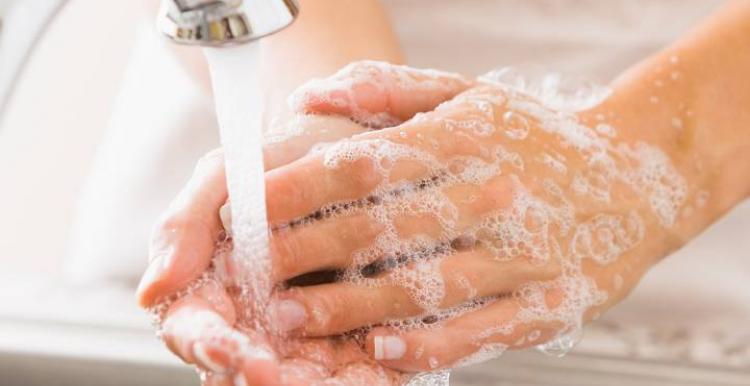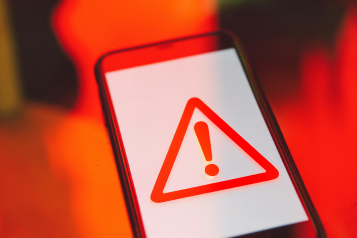Coronavirus (COVID-19) Guidance

Latest stay at home easy read advice
Hands. Face. Space.
The NHS have launched the new COVID-19 contact tracing app that can be downloaded from the App Store and Google Play.
It's the fastest way of knowing when you're at risk from coronavirus (COVID-19). The quicker you know, the quicker you can alert your loved ones, and your community.
The latest advice is that we can all help control the virus if we all stay alert and wash hands, cover face and make space.
Stay at home as much as possible:
- work from home if you can
- limit contact with other people
- keep your distance if you go out (2 metres apart where possible)
- wash your hands regularly
Further information including the latest Government updates from 22nd September can be found by following the link below.
Self-isolate if you or anyone in your household has symptoms.
Full guidance and details on staying at home can be found here
If you have symptons do not go to a GP surgery, pharmacy or hospital.. You do not need to contact 111 to tell them you're staying at home. Government guidance advises they will not be testing people who are self-isolating with mild symptoms.
Read the NHS advice about staying at home.
NHS 111 Online here
Use the NHS 111 online coronavirus service if:
- you feel you cannot cope with your symptoms at home
- your condition gets worse
- your symptoms do not get better after 7 days
Do not go to a GP surgery, pharmacy or hospital.
Only call 111 if you cannot get help online.
What's the risk of catching coronavirus in the UK?
The NHS and Public Health England are well prepared for outbreaks of new infectious diseases. The NHS has put in place measures to ensure the safety of all patients and NHS staff while also ensuring services are available to the public as normal.
The UK Chief Medical Officers have raised the risk to the public to high. Health professionals are working to contact anyone who has been in close contact with people who have coronavirus.
What's the risk of coronavirus to travellers?
There are some countries and areas where there's a higher chance of coming into contact with someone with coronavirus. If you have arrived back to the UK from abroad, please follow the advice for returning travellers.
Symptoms of coronavirus
The main symptoms of coronavirus are:
- a cough
- a high temperature
- shortness of breath
But these symptoms do not necessarily mean you have the illness. The symptoms are similar to other illnesses that are much more common, such as cold and flu.
How coronavirus is spread
Because it's a new illness, we do not know exactly how coronavirus spreads from person to person.
Similar viruses are spread in cough droplets. It's very unlikely it can be spread through things like packages or food. Viruses like coronavirus cannot live outside the body for very long.
How to avoid catching or spreading germs?
Do:
-
Cover your mouth and nose with a tissue or your sleeve (not your hands) when you cough or sneeze.
-
Put used tissues in the bin straight away.
-
Wash your hands with soap and water often – use hand sanitiser gel if soap and water are not available.
-
Try to avoid close contact with people who are unwell.
Don't:
-
Do not touch your eyes, nose or mouth if your hands are not clean.
How to self-isolate
If there's a chance you could have coronavirus you will need to take measures to self-isolate.
This means you should:
- stay at home
- not go to work, school or public places
- not use public transport or taxis
- ask friends, family members or delivery services to do errands for you
- try to avoid visitors to your home – it's OK for friends, family or delivery drivers to drop off food
You may need to do this for up to 14 days to help reduce the possible spread of infection.
Read more coronavirus self-isolation advice.
Latest information from the Department of Health can be found at the following link here

